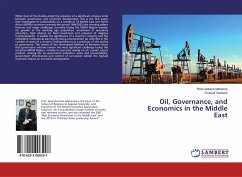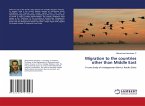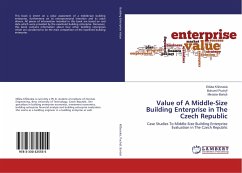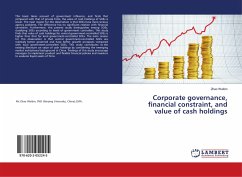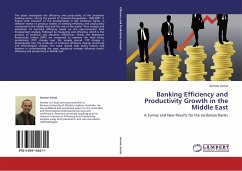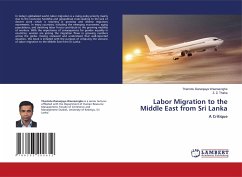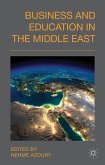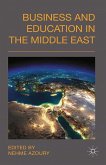While most of the studies attest the presence of a significant virtuous circle between governance and economic development, this is the first paper that investigates its sustainability on a sample of 23 Middle East and North Africa (MENA) countries covering the period 1996-2005 and stressing salient features and major challenges currently facing the MENA Region namely, oil, growth of the working age population, enrollment in secondary education, high reliance on fixed investment and presence of religious fractionalization. It studies the significance of a country's maturity and the embedded institutional learning-by-doing phenomenon (as reflected in the number of years of a country's independence) as a predictor of the quality of governance. The results of the Generalized Method of Moments show that governance reforms remain the most significant challenge facing the countries MENA Region, notably in countries relying on oil, a point source product. Among the six governance indicators, voice and accountability, government effectiveness and control of corruption exhibit the highest economic impact on economic development.

